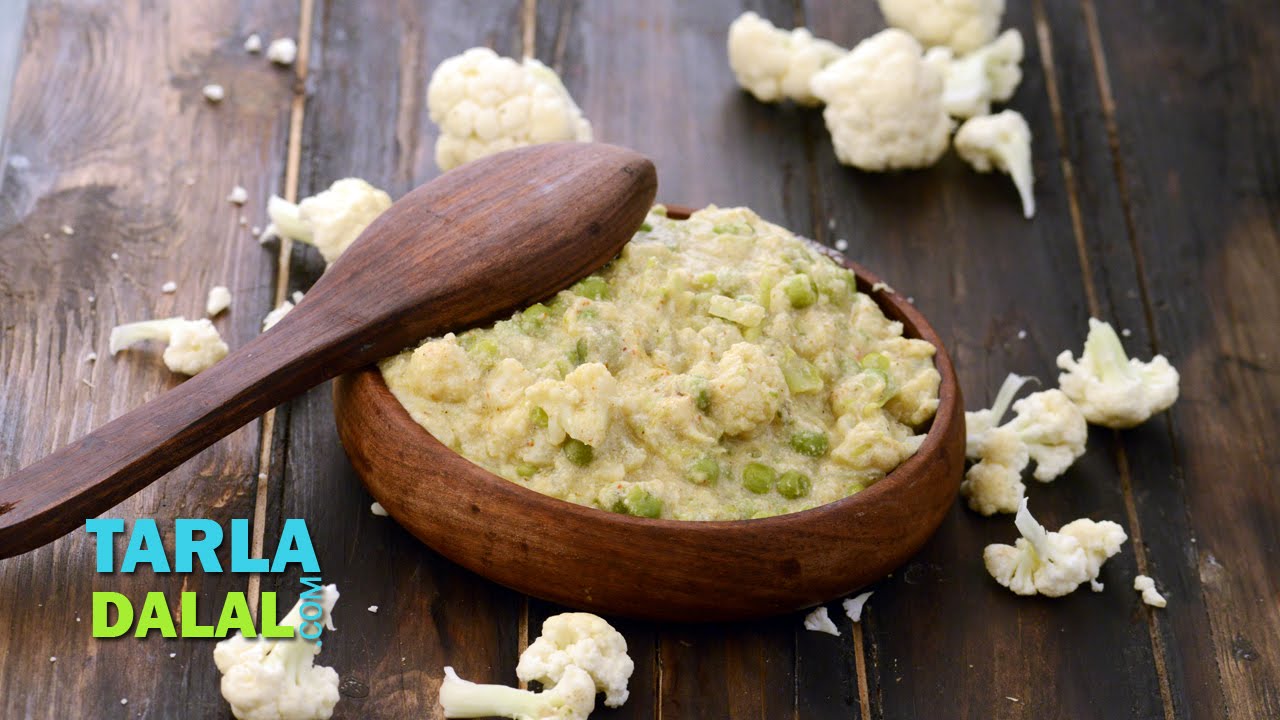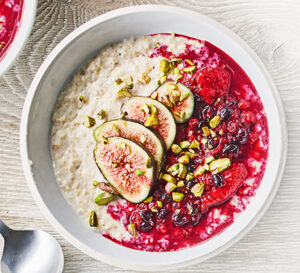Introduction
Potatoes are one of the most commonly consumed vegetables in the world. They are a versatile and nutritious food that can be prepared in a variety of ways. Potatoes are a member of the nightshade family and are native to South America. They were introduced to Europe in the 16th century and quickly became a staple crop. Today, potatoes are grown all over the world and are enjoyed in many different cuisines.
In this article, we will explore the many benefits of potato vegetable. We will discuss their nutritional value, health benefits, and their versatility in the kitchen. We will also explore some of the different ways that potatoes can be prepared and offer some tips for getting the most out of this delicious and nutritious vegetable.
Nutritional Value of Potatoes
Potatoes are a rich source of carbohydrates, which are an important source of energy for the body. One medium-sized potato contains approximately 163 calories and 37 grams of carbohydrates. They are also a good source of fiber, with one medium-sized potato containing around 4 grams of fiber. Fiber is important for digestive health and can help to reduce the risk of heart disease and certain types of cancer.
Potatoes are also a good source of vitamins and minerals. One medium-sized potato contains approximately 45% of the recommended daily intake of vitamin C, which is important for immune system function and skin health. They are also a good source of potassium, with one medium-sized potato containing around 620 milligrams of potassium. Potassium is important for maintaining healthy blood pressure and can help to reduce the risk of heart disease.
In addition to vitamins and minerals, potatoes also contain antioxidants. Antioxidants are important for protecting the body against damage from free radicals, which can contribute to the development of chronic diseases. Potatoes contain a variety of different antioxidants, including carotenoids and flavonoids.
Health Benefits of Potatoes
Potatoes offer a number of health benefits. Here are some of the ways that potatoes can help to improve your health:
-
Promote Digestive Health
Potatoes are a good source of fiber, which can help to promote digestive health. Fiber helps to keep the digestive system moving smoothly and can prevent constipation. Additionally, the fiber in potatoes can help to reduce the risk of colon cancer.
-
Lower Blood Pressure
Potatoes are a good source of potassium, which can help to lower blood pressure. High blood pressure is a risk factor for heart disease, so consuming potassium-rich foods like potatoes can help to reduce the risk of heart disease.
-
Boost Immune System
Potatoes are a good source of vitamin C, which is important for immune system function. Vitamin C can help to protect the body against infections and can help to speed up the healing process.
-
Reduce Inflammation
Potatoes contain a variety of different antioxidants, including quercetin and chlorogenic acid, which can help to reduce inflammation in the body. Inflammation is a contributing factor to many chronic diseases, so consuming antioxidant-rich foods like potatoes can help to reduce the risk of these diseases.
-
Promote Weight Loss
Potatoes are low in calories and high in fiber, which can help to promote weight loss. Fiber helps to keep you feeling full, so you are less likely to overeat. Additionally, the low calorie content of potatoes means that you can consume a large volume of food without consuming too many calories.
-
Improve Brain Function
Potatoes contain choline, which is important for brain function. Choline helps to transmit nerve impulses and can help to improve memory and cognitive function.
Nutritional Facts of potato
Potatoes are a starchy root vegetable that are a good source of several important nutrients. Here are the nutritional facts of a medium-sized (150g) baked potato with skin:
- Calories: 130
- Carbohydrates: 30 grams
- Protein: 3 grams
- Fat: 0.2 grams
- Fiber: 3 grams
- Vitamin C: 27% of the Daily Value (DV)
- Vitamin B6: 20% of the DV
- Potassium: 620 milligrams, which is 18% of the DV
- Manganese: 12% of the DV
- Magnesium: 8% of the DV
- Phosphorus: 8% of the DV
Potatoes are also a good source of other vitamins and minerals, including iron, copper, and zinc. However, it’s important to note that the nutritional content of potatoes can vary depending on how they are prepared. For example, fried or processed potatoes may have more fat and calories than baked or boiled potatoes.
































